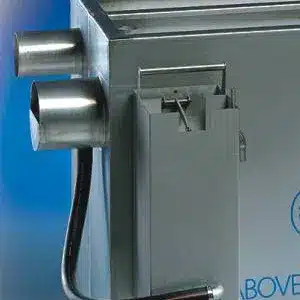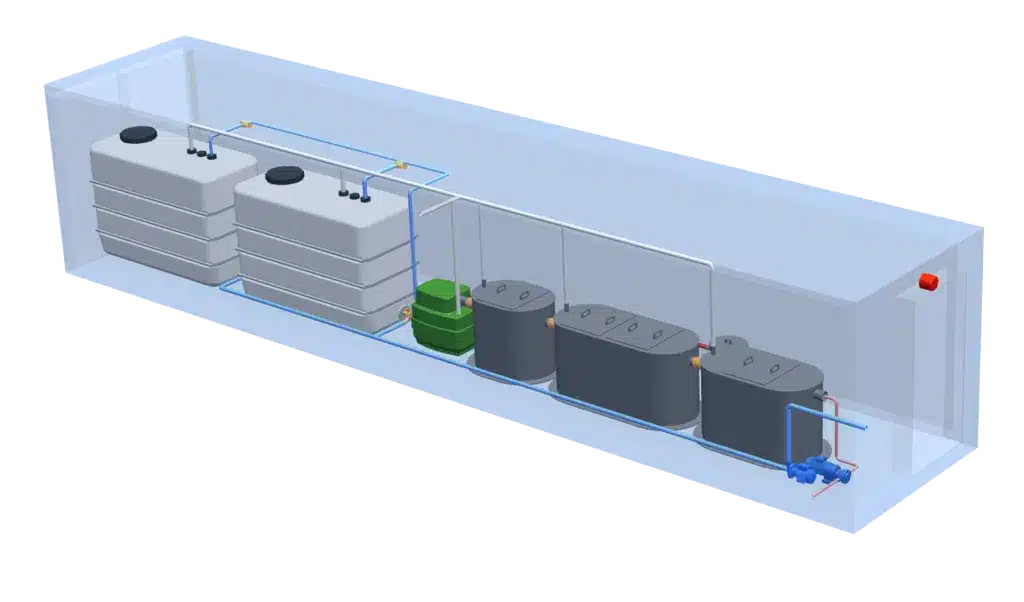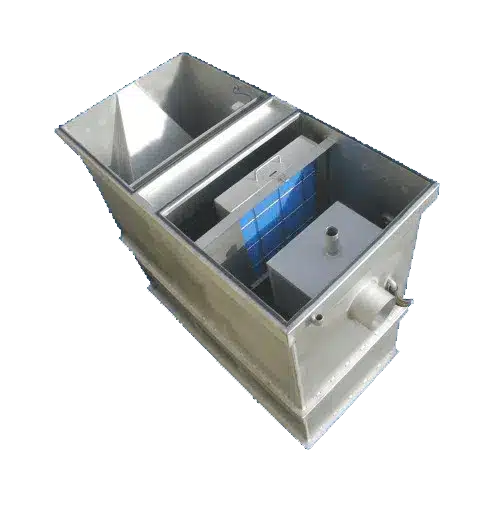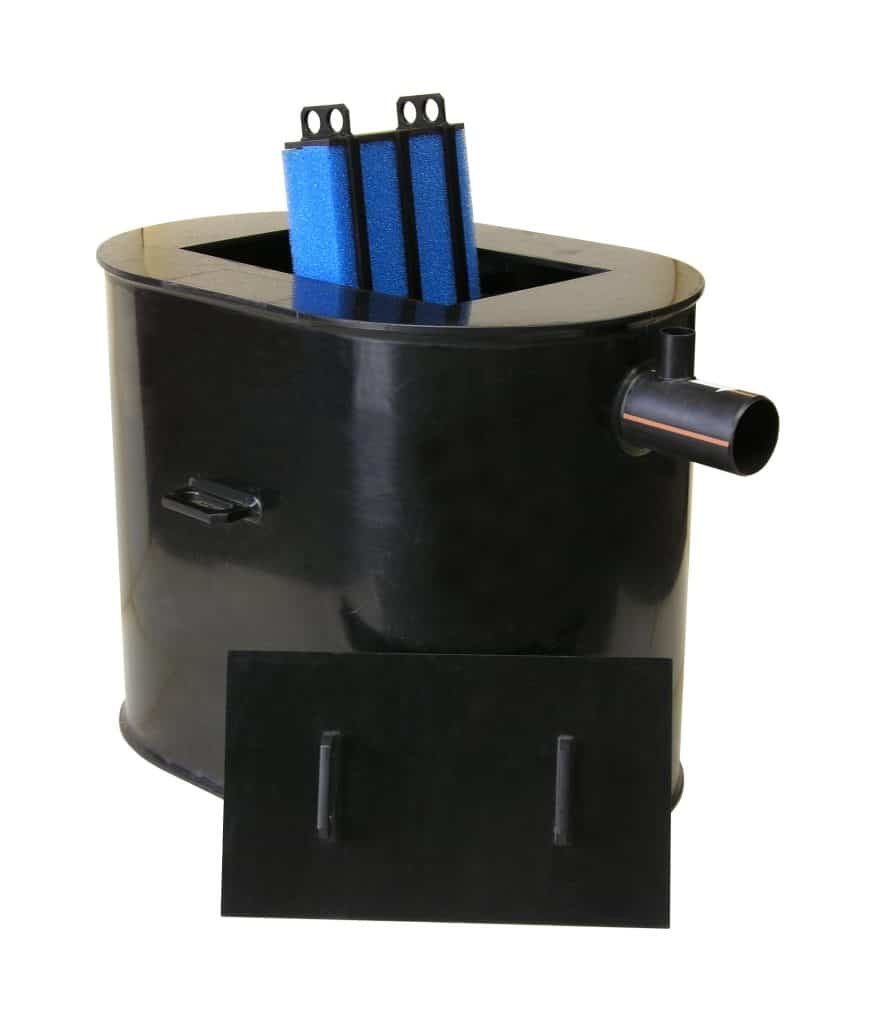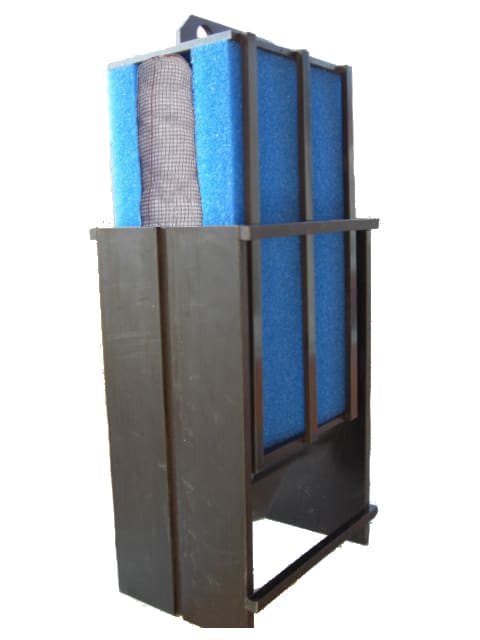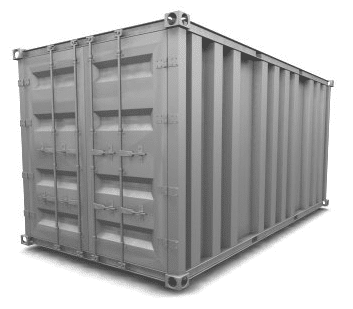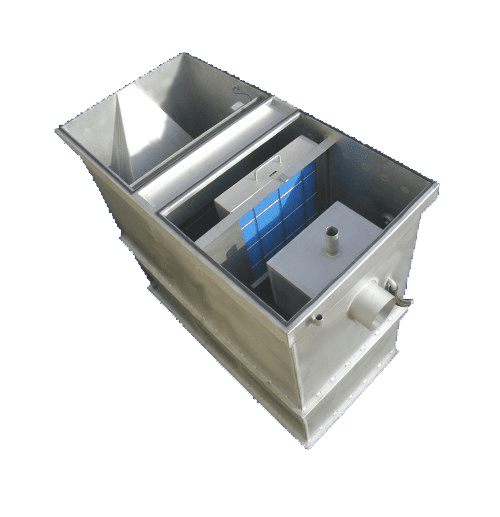Washington state is leading the way in protecting our environment with sustainable wastewater management. Do you know the latest rules? Above ground oil-water separators (OWS) are key in fighting water pollution. They help industries follow strict EPA rules by separating oil, grease, and light petroleum from wastewater. This keeps our water clean and safe.
Washington is getting more serious about protecting the environment by using advanced OWS. Companies like Freytech Inc. are making big strides. They offer solutions that go beyond what’s required in North America. These systems can remove trace amounts of oil, making our water safer for everyone.
Washington Above Ground OWS are used in many places, like oil storage sites, car shops, and places cleaning up pollution. They’re really effective in Washington’s industrial areas. But what makes them so good, and how do you pick the best one for your business? Let’s explore Washington’s above ground OWS and see how they’re changing the game in environmental protection.
Key Takeaways
- Above ground OWS are essential for meeting EPA discharge regulations in Washington
- Advanced OWS technology can achieve separation efficiencies as low as 0.1 PPM
- Freytech Inc. offers cutting-edge OWS solutions for various industries
- Proper OWS implementation is crucial for environmental protection
- Washington leads in sustainable wastewater management practices
Introduction to Above Ground Oil-Water Separators in Washington
Washington state is a leader in protecting the environment with its public works projects. Above ground oil-water separators (OWS) are key in keeping cities sustainable. They manage wastewater well, making sure communities have clean water.
Environmental Protection Through Oil-Water Separation
Oil-water separation is crucial for protecting Washington’s nature. It removes oil from wastewater, keeping rivers, lakes, and groundwater clean. This helps the state work towards sustainable cities and protects its natural resources.
Washington’s Sustainable Wastewater Management
Washington is committed to managing wastewater sustainably. It invests in advanced OWS technology for its public services. This keeps water quality high and supports sustainable city growth across the state.
Above Ground OWS Technology Overview
Above ground oil-water separators use gravity and enhanced coalescing for better separation in stormwater runoff. They catch oils and greases before they can harm local water sources or sewer systems. This technology is vital for Washington’s sustainable infrastructure, helping both cities and rural areas.
Understanding Washington Above Ground OWS Systems
Above ground oil-water separators in Washington are key to keeping sewers and drainage systems safe. They remove oil from wastewater, helping with maintenance efforts across the state.
Types of Separators
In Washington, there are two main types of above ground separators. Coalescing plate separators use plates close together to catch oil droplets. Cylindrical separators use gravity to separate oil from water.
Key Components
Modern OWS units have advanced parts like Corella® technology and Petro Screen coalescers. These improve how well oil is removed, keeping water in drainage systems clean. High oil alarm systems warn operators when oil levels are too high, stopping it from overflowing into sewers.
Advantages of Above Ground Installations
Above ground OWS systems have many benefits for maintenance. They’re easy to check and clean, which cuts down on costs over time. Putting them in is simpler than underground systems, saving time and money. They can be made to fit different places, making them useful for many industries in Washington.
Regulatory Framework for OWS in Washington State
Washington State is serious about urban growth and protecting the environment. It has strict rules for oil-water separators to keep the environment safe. These rules help keep water clean and support sustainable practices in various industries.
The King County Industrial Waste Program watches over OWS systems in the area. Companies wanting to put in separators must send in detailed plans for approval. These plans must have info on the facility, the size of the separator, and how much water it can handle. This careful review makes sure all separators meet the needed standards for development and protecting the environment.
Washington’s rules say OWS systems must be big enough to hold the maximum water flow for 45 minutes. This stops overflows and makes sure oil and water are properly separated. The state also limits nonpolar Fats, Oils, and Grease (FOG) in discharges to 100 parts per million.
With these rules, Washington State tries to grow cities while saving the environment. Keeping an eye on OWS systems is key to protecting water and keeping nature in balance as cities expand.
These separators are crucial in storm water systems. They process runoff to meet the US EPA’s Clean Water Act standards. With effective oily water treatment, facilities protect the environment and dodge big fines.
Freytech Inc.’s Advanced OWS Solutions
Freytech Inc. is at the forefront with top-notch oil water separators. Their above ground models use the latest tech for great results in cleaning wastewater.
Enhanced Coalescing Technology
Freytech’s separators have a new coalescing tech. This tech makes separating oil from water better than ever. It can take out motor oil, diesel, gasoline, and jet fuel from wastewater.
Exceeding Discharge Standards
These separators beat North American discharge limits. They aim for 5 PPM, which is lower than the usual 10 PPM. For very strict needs, they can get down to 0.1 PPM for tiny oil bits.
Customizable Solutions
Freytech has customizable oil water separators for many industries. This means they work for manufacturing, transportation, or energy production. They can be adjusted to fit your exact needs, making sure they work well in different places.
With Freytech’s advanced oil water separators, companies can handle their wastewater safely. These solutions are efficient, effective, and good for the environment. They offer great options for industries in Washington and beyond.
Installation and Maintenance of Above Ground OWS
Installing and keeping up with above ground oil-water separators (OWS) is key for good wastewater management. In Washington, businesses must follow certain rules to make sure their OWS systems work well.
Best Practices for OWS Installation
Think about the site layout and how easy it is to get to when installing an above ground OWS. Putting it in the right spot makes it easy to keep up with and run efficiently. Make sure the unit sits on a flat, stable ground to avoid problems later on.
Regular Inspection and Cleaning
Check your OWS every six months to keep it running right. Look for sludge and take out oils when they get too thick. Use special vacuum trucks for cleaning, not septic tank services, since they might not have the right tools.
Troubleshooting Common Issues
Oil emulsification is a big issue, often from things like antifreeze or cleaners in the wastewater. Stop this by watching what goes into the system and teaching staff how to dispose of things right. Regular checks and upkeep can spot and fix problems early, keeping wastewater management smooth.
Environmental Impact and Benefits of Above Ground OWS
Above ground oil-water separators (OWS) are key to protecting the environment. They stop oil and grease from getting into water and sewage. This helps make cities in Washington State more sustainable.
Advanced OWS technologies produce high-quality water that meets strict standards. This leads to cleaner water and healthier ecosystems. Cities see better water quality in rivers, lakes, and coastal areas, which is good for both the environment and public health.
Using above ground OWS in cities lowers the chance of oil spills and pollution. This is in line with Washington’s efforts to protect the environment. As cities grow, these separators are vital for keeping nature in balance and protecting wildlife.
OWS do more than just improve water quality. They stop pollutants from getting into treatment plants, saving energy and resources. This makes cities more sustainable and reduces their impact on the environment.
Conclusion
Washington Above Ground OWS systems are key in managing the state’s wastewater and protecting the environment. They help businesses follow strict rules and keep local waters safe. Companies like Freytech Inc. provide top solutions that go beyond what’s required in North America, making them leaders in their field.
It’s important to install and maintain these OWS units right for them to work well over time. By doing regular checks and following best practices, businesses can keep their separators running smoothly. This helps Washington work towards sustainable cities and clean water goals.
As we face more environmental challenges, the need for good oil-water separation is clear. Washington’s use of above ground OWS tech shows its commitment to smart wastewater management. By adopting these systems, the state leads the way in taking care of the environment and being responsible in industry.

